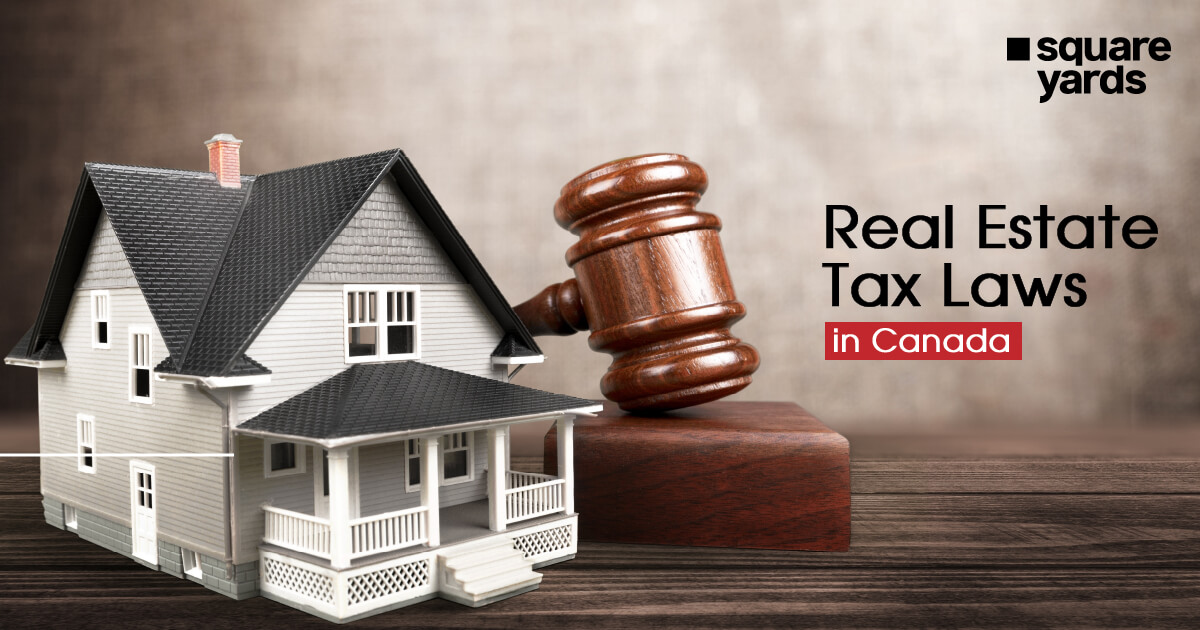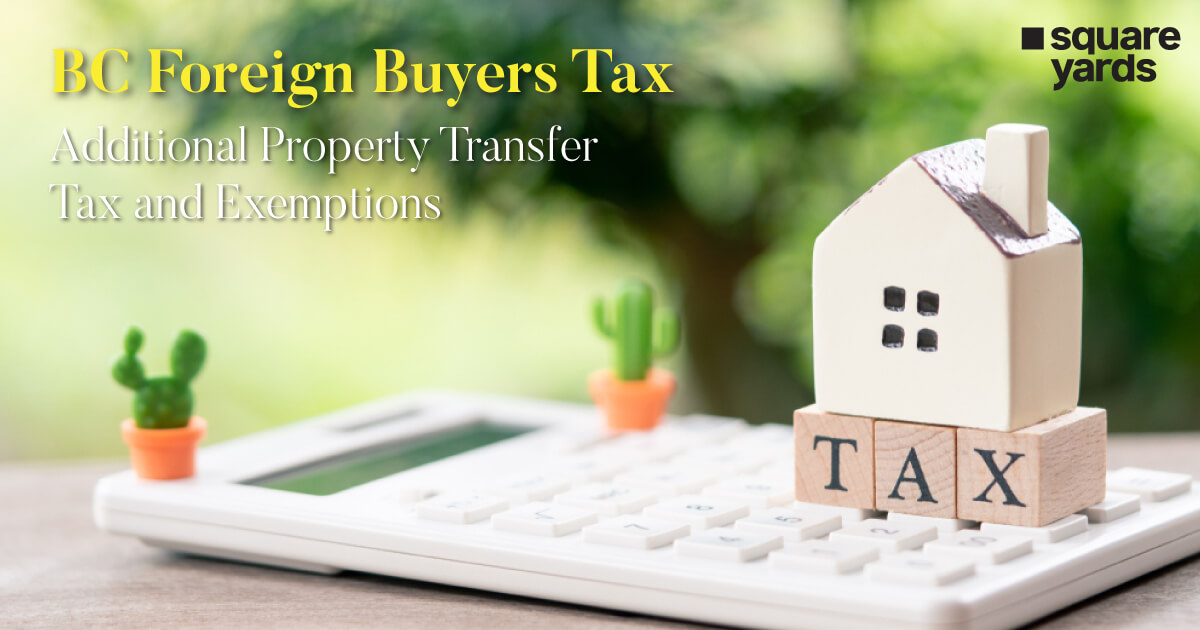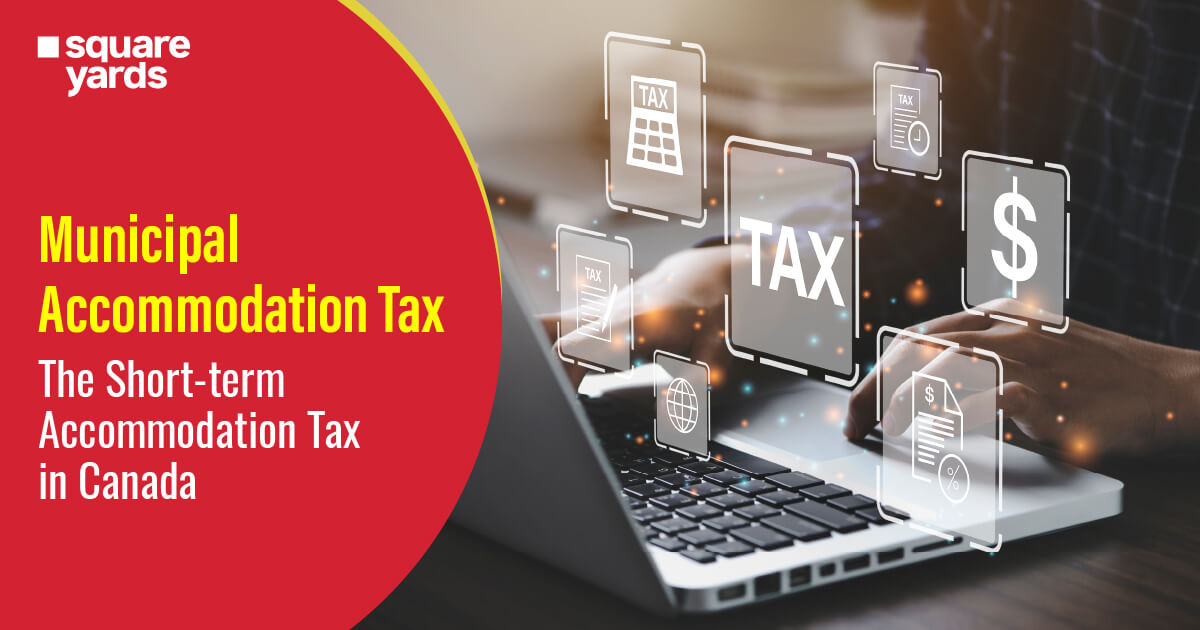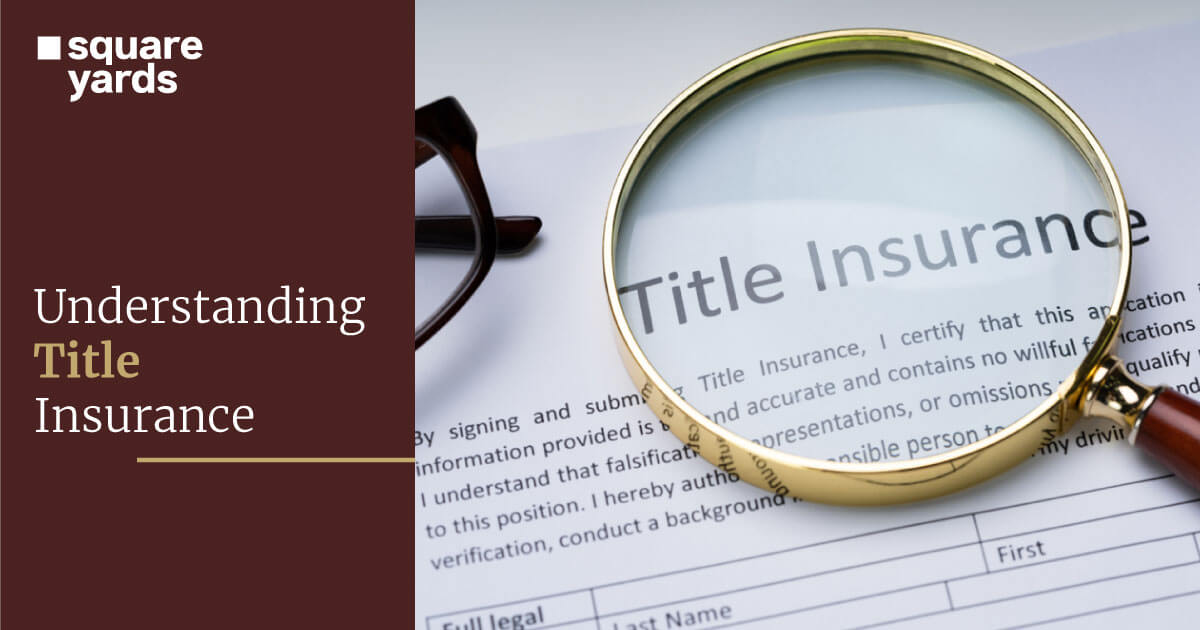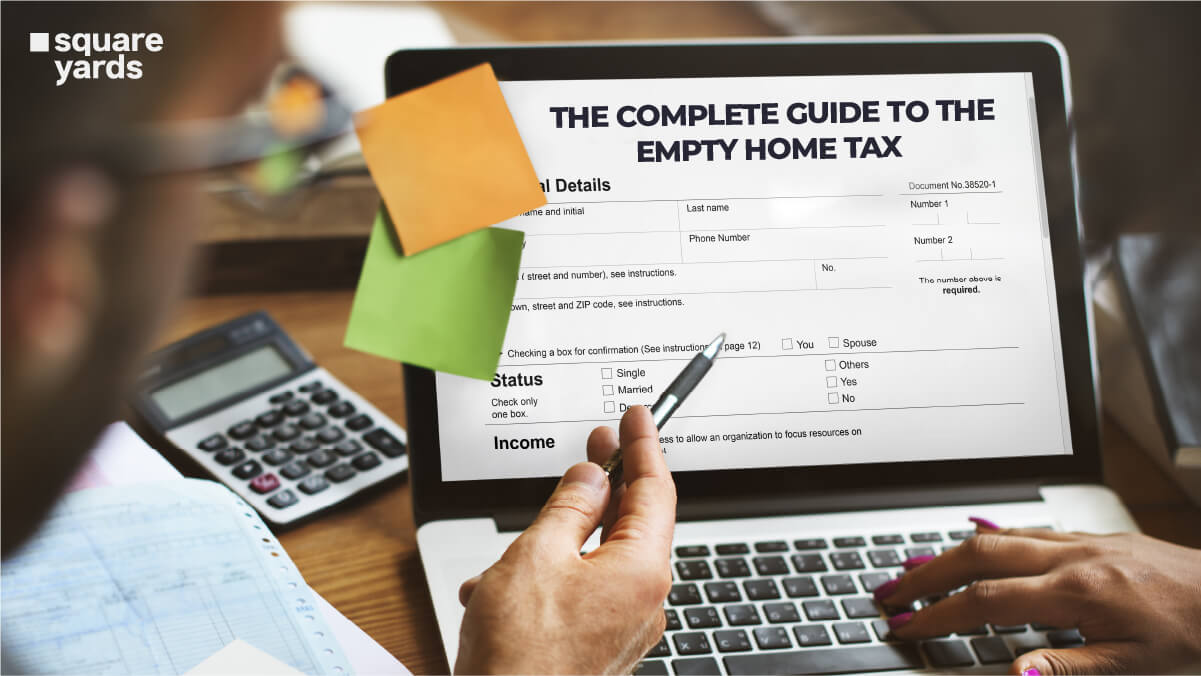The real estate tax in Canada, like any other country, has its norms and specifications. If you have to sell or buy property in Canada, you must know all the necessary regulations behind it. Even if you want to rent a property in any region of Canada, you must study the norms and rules to abide by in context with the rent.
Suppose you are to inherit a property in case of the untimely demise of a relative. In that case, you must also know that there are certain tax regulations that you are very likely to encounter in the way of inheriting the property or even selling that inherited property. This looks complex, but do not worry. We have categorised all the necessary tax rules from the estate tax rate to buying and selling estate tax in Canada. Check out this comprehensive guide to learn about Real estate tax in Canada before buying or selling.
How Is Real Estate Taxed in Canada?

The real estate tax rate in Canada is levied using two factors : the income gained from the asset and the municipal property tax rate. The local municipality then determines the property tax rate in a certain area. The Real estate tax in Canada is only calculated on the income from that particular property. The assets of the property have nothing to do with these taxes. These assets and the income from them are calculated under capital gains.
In case of death, the tenure between the last tax return till the date of death will be considered for the property tax. The property tax will be charged on the income on the estate during the said tenure.
Taxation can be divided into three types based on charges:
-
Taxation on Purchase

Transfer laws apply in times of purchase of a property in Canada. When you buy a property in Canada, you must pay the provincial transfer tax. The tax rate varies from province to province, but it is around 1% on the first payment and 2% for the remaining balance amount.
The area’s municipality will also levy property taxes from your estate annually. These rates are calculated based on assessed property value. If you buy a home for the first time in Canada, you will be eligible for certain exemptions on tax.
-
Taxation on Sale
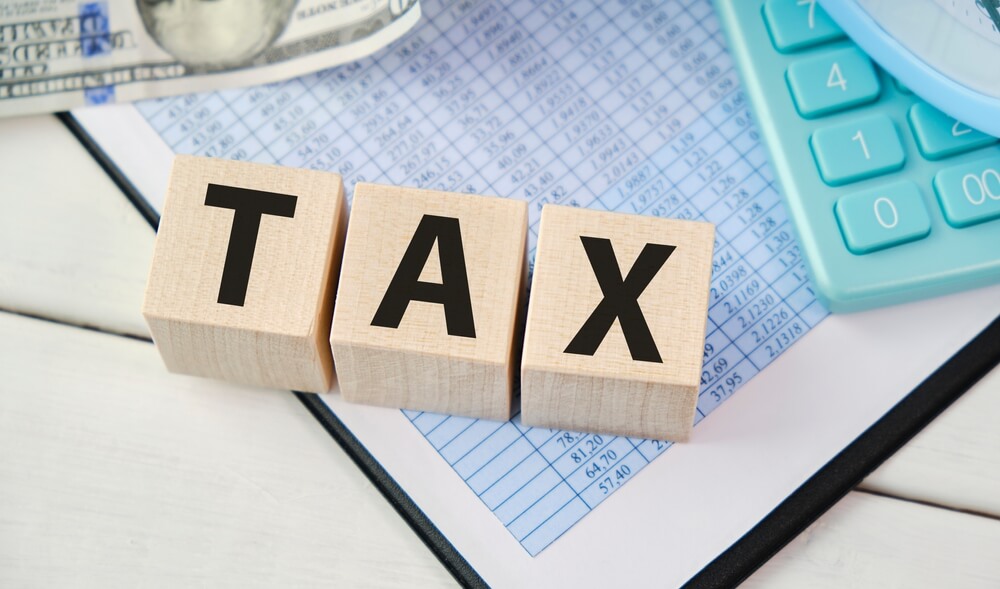
The tax levied on selling property in Canada is based on your citizenship in Canada. Let us check out how the estate tax rate varies between a citizen and a non-citizen:
-
- If you are a citizen of Canada selling your primary residence, then you are not taxed on the capital gains of the property. A primary residence can be attributed to the home where you originally Inhabitant.
- If you are not a citizen of Canada and are selling the property, the Canadian Government will levy 50% of the sale for the withholding tax amount.
-
Rental Taxation
As per the rules of the Canadian Income Tax Act, 25% of the gross income on property is remitted in taxes annually. If your rental income undergoes losses, then you can fill out an NR6 form and reclaim any taxes that you have paid previously. This way, non-residents can choose to pay or not pay 25% of the net rental income in Canada. These charges will also change based on your stature, whether you are a partner or co-owner, and whether it is a rental or business income. Once you know how your property will be taxed, you need to see when it will be taxed. This will be determined based on personal or business tax.
Let us dive in deep to understand this better.
When is the Estate Taxed?

If an unfortunate situation of the demise of a person, it needs to be checked if the deceased person operated a business or used the estate for personal reasons. Some dates should also fall accountable to calculate the estate tax rate. If the person has died between January 1 and October 31, the final tax return can be paid on April 30 of the following year. If the person has died between November 1 and December 31, the due date to pay the final tax return is six months from the date of death.
Let’s understand it better based on personal tax or business tax.
-
Final Due Date on Personal Tax
The duration of the final tax can be determined by checking if the deceased person has already filed the previous year’s return.
| Date of Death | Final Return Due Date | |
| Already filed previous-year return | January 1 to October 31 | April 30 of the following year |
| November 1 to December 31 | 6 months after the date of death | |
| Has not filed previous-year return | December 31 to Filing Due Date |
-
Final Due Date on Business Tax
If the deceased person operated a business, the due date of the final tax return will differ.
| Date of Death | Final Return Due Date | |
| Already filed previous-year return | January 1 to December 15 | June 15 of the following year |
| December 16 to December 31 | 6 months after the date of death | |
| Has not filed previous-year return | December 31 to Filing Due Date |
Canadian Inheritance Tax on Property
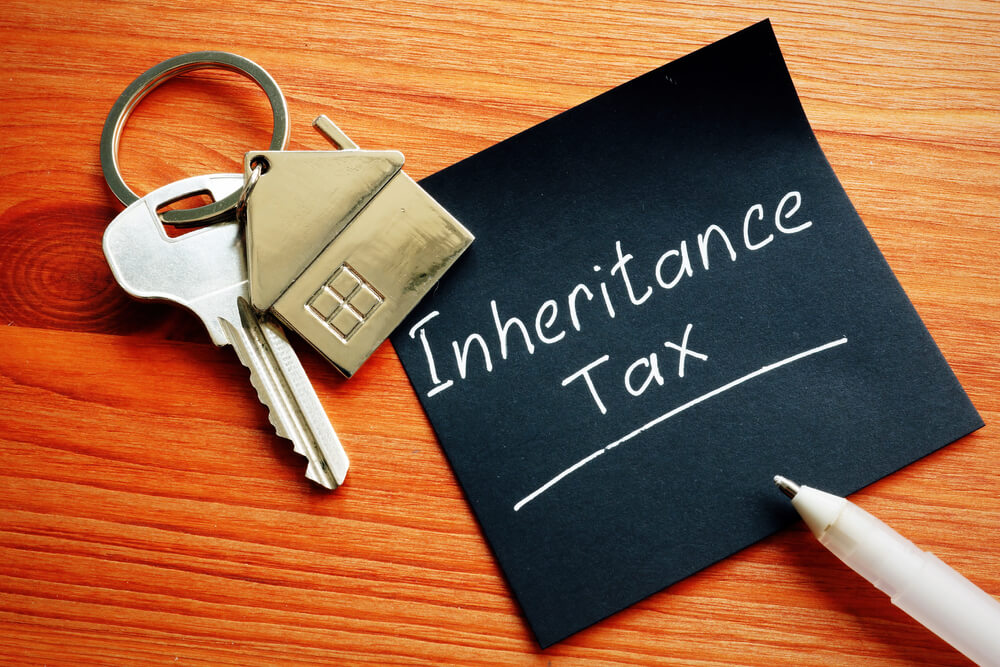
There is no inheritance tax on property in Canada because the deceased income is normally taxed based on the final return they have paid. But the tax levied on the revenue from the assets sold on the estate is called capital gains. Different tax rates apply to the capital gain on the assets. Let us check this out in detail.
How to know Capital Gains Tax Rates on Inheriting Real Estate in Canada?

If you have any capital gains on the real estate you inherited, you must look into the capital gains tax rates on inherited property tax Canada. This will tell you about the amount of tax the Government authorities will levy on you.
Here are some steps you need to undertake for the same:
-
Get An Appraisal & Save Any Older Records
Get an appraisal on the estate. Know about the valuation of the estate and the valuation of the capital gains thereof. The capital property will include stocks, bonds, and mutual funds. This property can be transferred to their partner or heir; therefore, the deceased will have no capital loss or gain for the final return.
-
Pay Capital Gains Tax If You Inherited A Secondary Property
If you have inherited property in Canada, then you need to consider inherited property tax in Canada. A secondary property is not the primary residence of the deceased. If you have inherited a secondary property, you will have to pay 50% of the capital gain in the year of inheritance.
-
Pay Capital Gains Tax When Selling The Property
If you sell your parents’ house after death in Canada, you must account for the capital gains in tax. The capital gains will account for 50% of your capital gains as income on your tax return.
-
Plan For Your Estate’s Future
Inheriting a house in Canada requires Estate planning. Estate planning is when you will need to determine a set of detailed instructions on how your assets are used and distributed in case of your demise. You will need a thorough future planned for your estate and its assets to determine its tax.
-
Consider Renting
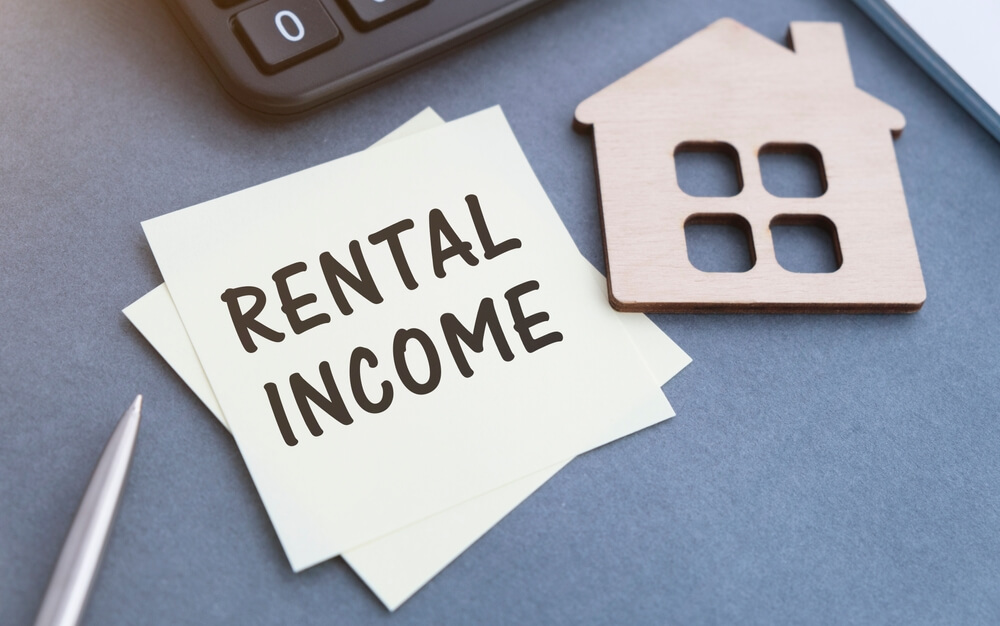
You can also consider the rental scene for the inherited property. If you do so, you will need to follow the rules and regulations governing the rental income tax laws. According to these laws, if you keep the inherited property for rent, it is considered your investment property, and you will have to pay capital gains taxes.
Conclusion
These are some of the primary factors which will serve as a guide for navigating the property laws in Canada. You will need to determine the usage of your inherited property, and based on your choice, you will need to abide by the Canadian laws that matter. Make your decision after following these guidelines to gain the maximum benefit from the property you have inherited.
You May Also Read
| speculation and vacancy tax | All About Empty Home Tax |
| Canadian employment law | Concept of Canadian employment law |
| Real Estate Investor Salary | Average Real Estate Investor Salary |
| Rental Property investment | Reasons for Real estate Investment |
| Quebec real estate market | Right Time to Invest in Quebec real estate market |
| real estate agents in Canada | 5 Tips to become real estate agents in Canada |
Frequently Asked Question (FAQs)
Canada has no inheritance tax and you don’t have to report it as income.
You don’t have to pay taxes on the property you inherit. You only have to pay taxes on the capital gains of the estate.
There is no such thing as an inheritance tax in Canada, but you will need to pay money for the capital gains on the inherited estate.
There is no inheritance tax in Canada. A final tax return is prepared in the name of a deceased person until the date of death and all the money owed is paid out.
No tax is levied on the inherited assets, so the beneficiaries do not pay the inheritance tax.
There is no time limit on when you should sell an inherited house in Canada.
If you are a Canadian Resident, then the inheritance procedure will be completed in 36 months from the date of death of the original owner. Does inheritance count as income in Canada?
Do I pay taxes on inherited property?
What is an inheritance tax?
How do I avoid inheritance tax in Canada?
Do beneficiaries pay tax on inheritance?
How long do I have to sell an inherited house?
What is the holding period for inherited property?

